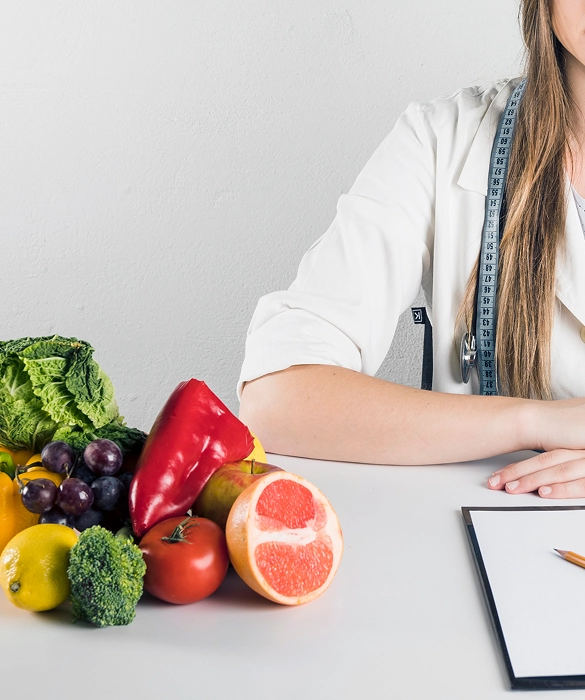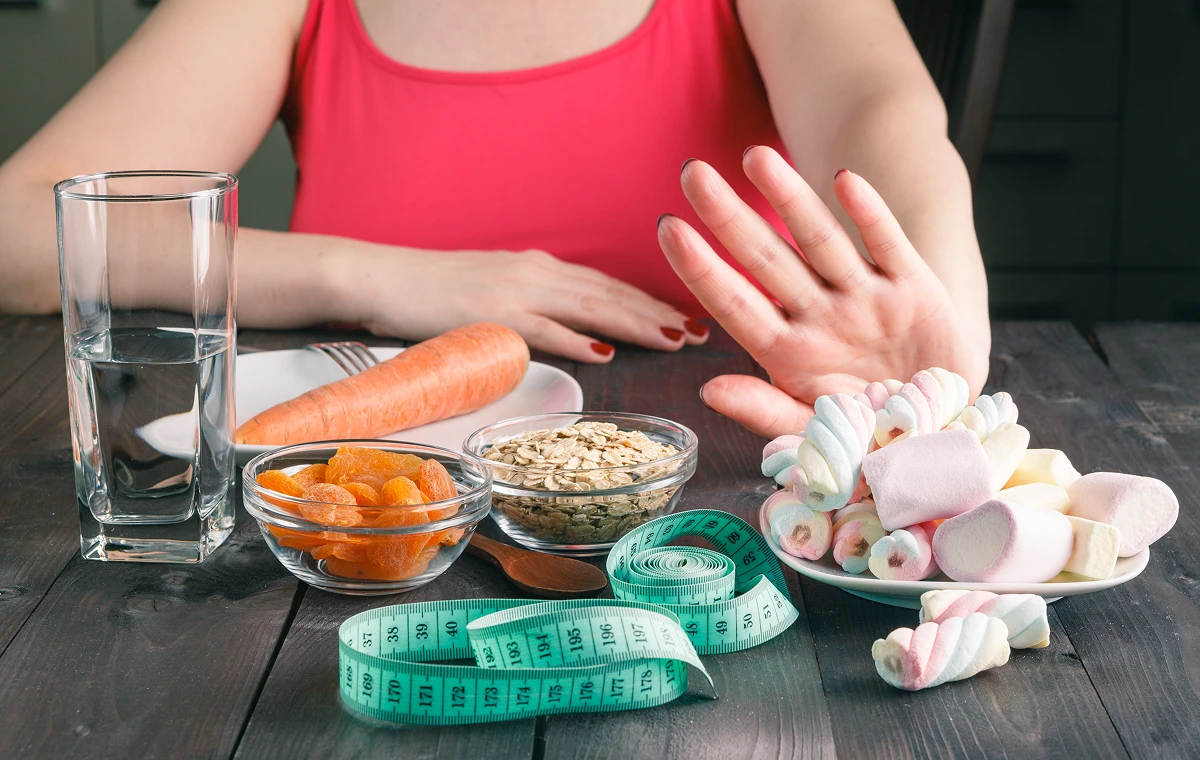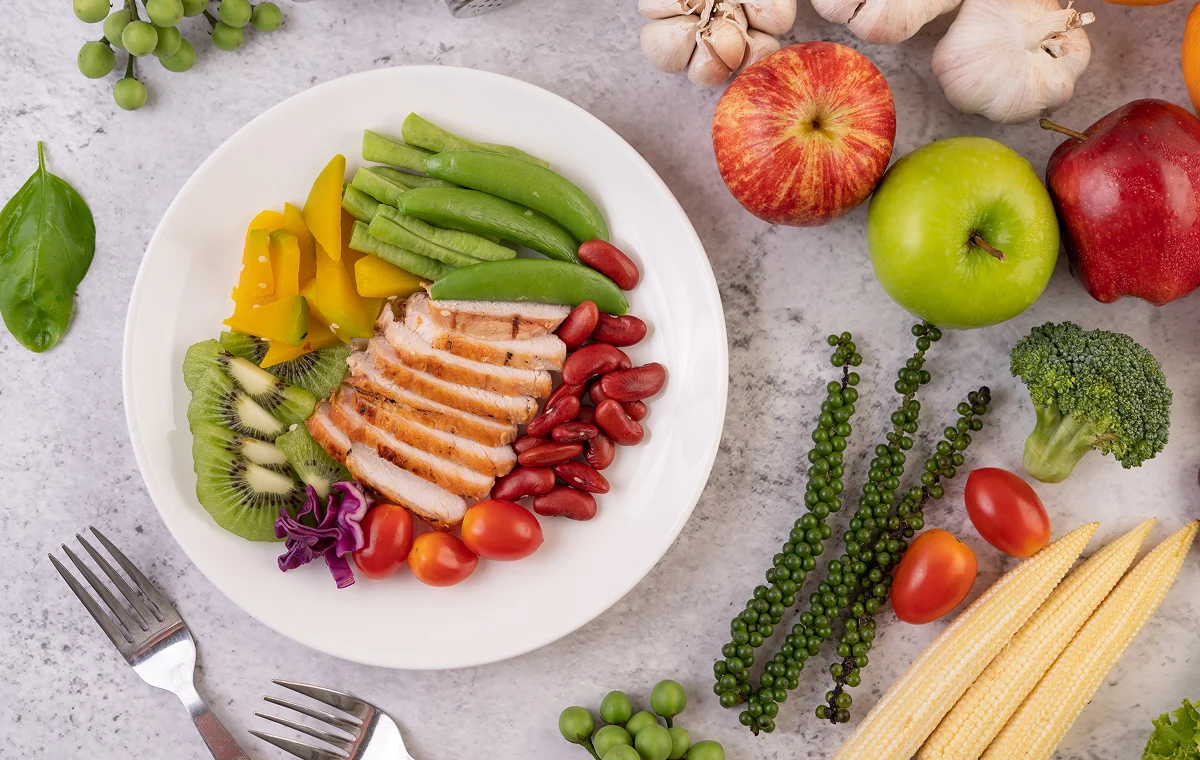
How Weight Loss Medications Interact With Food
By interacting with your body’s naturally-occurring GLP-1 hormones (glucagon-like peptide-1)—responsible for regulating blood sugar, appetite, and digestion—weight loss medications react to different foods in a variety of ways. For example, these drugs have been shown to slow digestion, which delays stomach emptying.
While this slowing keeps patients fuller for longer, it can also make high fat foods and certain whole grains harder to digest. Heartburn and GI upset then follow, causing unpleasant symptoms and a lack of progress for patients.
However, no one can deny the effectiveness of weight loss drugs, as multiple clinical trials have shown average weight loss of over 15%. To benefit from this success while making good food choices, we recommend following a few simple tips:



